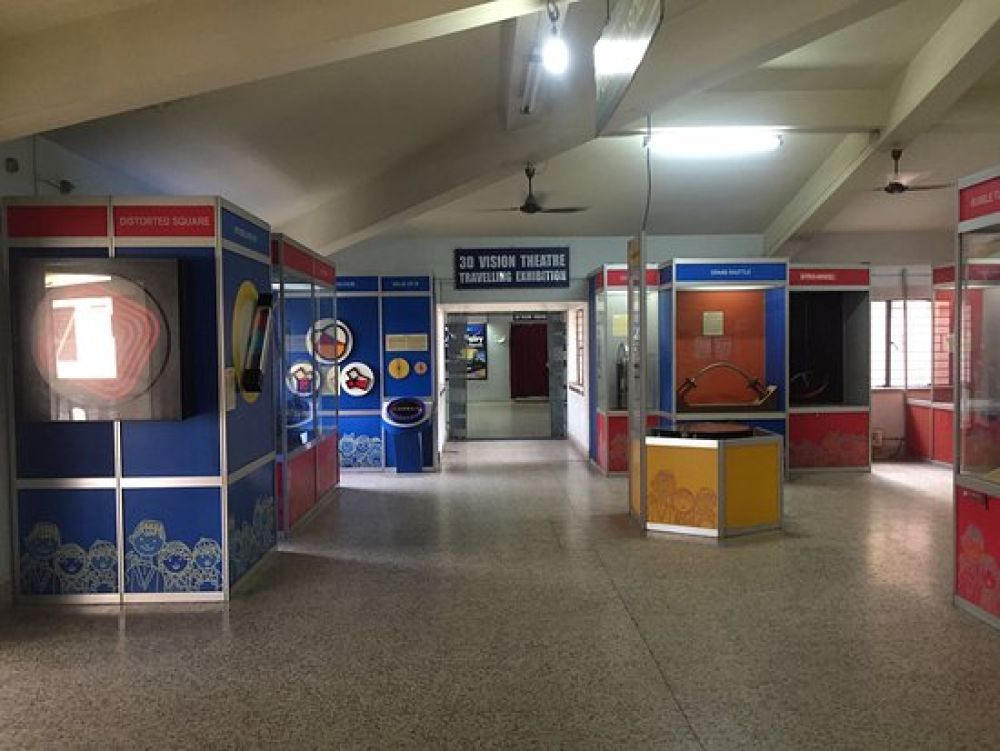

The North Bengal Science Centre, located in Siliguri, West Bengal, India, is one of the prominent attractions that has contributed to the educational tourism in the region. Founded on August 17, 1997, the centre was established with the aim of spreading scientific awareness and temperament among the people of the region, especially the youth. Over the years, it has become a focal point for students and curious visitors interested in science and technology.
Siliguri's strategic position as a gateway to the North-Eastern states of India, as well as to the neighbouring countries of Nepal, Bhutan, and Bangladesh, has historically made it a significant pitstop for travellers. Consequently, the establishment of the North Bengal Science Centre came as an added attraction to the already flourishing tourism industry. It has played a crucial role in broadening the scope of tourism in Siliguri beyond just being a transit point to including educational and interactive experiences.
The Science Centre features a wide array of interactive exhibits that demonstrate various principles of science in an engaging way. Highlights include the Digital Planetarium, Science Park, and 3D Theatre, which offer immersive experiences to visitors. Educational programs and demonstrations are regularly conducted, drawing in school and college groups.
The centre's Taramandal and Prehistoric Life Corner are particularly noteworthy. The Taramandal shows mimic constellations and celestial events, whereas the latter exhibits models of dinosaurs, captivating visitors of all ages with a peek into the earth's distant past.
The presence of the North Bengal Science Centre has significantly impacted the tourism pattern in Siliguri. As a result of its popularity, other complementary attractions such as the Surya Sen Park, the Mahananda Wildlife Sanctuary, and the Siliguri Tea Garden have also seen increased visitation. Tourists often combine their visits to these natural and cultural hotspots with a trip to the Science Centre.
The centre also frequently organizes temporary exhibitions and science fairs that draw additional crowds. Events like National Science Day and World Environment Day are celebrated with great fervour, further establishing the centre as an important tourism hotspot.
With the recent rise in experiential and educational tourism, the North Bengal Science Centre has become even more relevant. Travelers are increasingly seeking meaningful experiences that enrich their knowledge and understanding. This shift has seen the centre integrate technology to enhance visitor experience with augmented reality (AR) and virtual reality (VR) installations that make learning about science an entertaining pursuit.
Additionally, with an increased focus on sustainable tourism practices, the North Bengal Science Centre has also been involved in promoting eco-friendly initiatives that resonate with environmentally conscious visitors. These efforts include incorporating renewable energy sources in its operations and educational programs focused on sustainability.
Overall, the North Bengal Science Centre remains a key destination for visitors to Siliguri, contributing to the diversification and growth of tourism in the area. By combining leisure with learning, it continues to inspire wonder in the fields of science and technology.